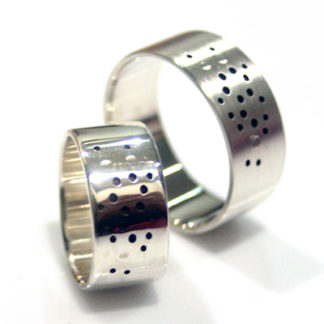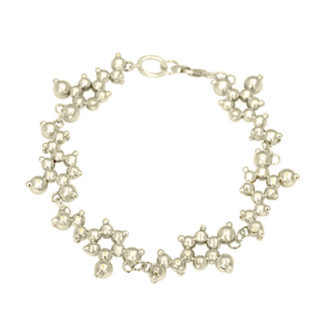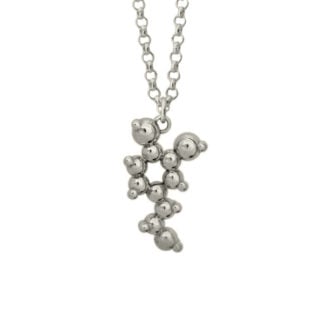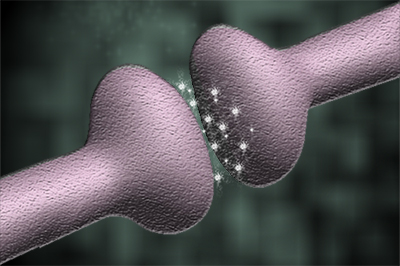
Let’s start with the basics:
Serotonin is a natural chemical created in the body that acts a neurotransmitter.
That’s a chemical messenger that travels across brain cells and plays an essential role in our everyday life.
The chemical messenger in this instance is Serotonin (some other well known neurotransmitters are dopamine and oxytocin).
So, what is serotonin and what does it do?
Serotonin is mostly associated with controlling our mood and keeping anxiety away. But serotonin can also be found in various parts of the body so it is commonly believed that it is involved in a range of functions.
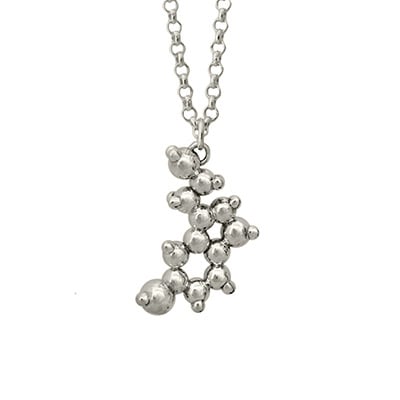
”Of the approximately 40 million brain cells, most are influenced either directly or indirectly by serotonin. This includes brain cells related to mood, sexual desire and function, appetite, sleep, memory and learning, temperature regulation, and some social behavior.” 1
Serotonin is produced in the brain and also in the intestines. In fact, 80-90% of the serotonin found in our bodies is found outside of the brain and it cannot pass the blood-brain barrier. That means that serotonin used in brain functions must also be made in the brain.
Along with regulating our mood it’s been suggested that serotonin could affect our social lives positively.
”Higher levels of serotonin may help to promote more constructive social interactions” 2
And a very recent study has potentially found a link between serotonin levels and how patient we are!
It seems that serotonin is involved in so many functions and scientists are always exploring more connections, I guess that’s why it’s one of the most commonly known molecules and jewelry (like the pendant above) have become such popular symbols for many of us.
So has that got you itching to increase your serotonin levels? I’ll be posting a new blog shortly about how you might be able to do just that!
Want to read more like this? Explore more Science and Emotions on the blog.
Become a VIP and get bite-sized goodies like this one and first dibs on new molecule jewelry designs twice a month!
![]() GoogleConnect me on Google+
GoogleConnect me on Google+
References:
1 Colette Bouchez, ‘’Serotonin: 9 Questions and Answers’’, accessed 15 Jan 2015, http://www.webmd.com/depression/features/serotonin
2 Department of Psychiatry, McGill University, ‘’ The role of serotonin in human mood and social interaction. Insight from altered tryptophan levels.‘’ April 2002, http://www.ncbi.nlm.nih.gov/pubmed/11888576
Other Sources:
H.Y Meltzer and J. F Nash Jr. ‘’Serotonin and Mood: Neuroendocrine Aspects’’accessed 15 Jan 2015, http://link.springer.com/chapter/10.1007/978-3-642-72738-2_7#page-1
Dr Ananya Mandal, MD, ‘’Serotonin Function’’, http://www.news-medical.net/health/Serotonin-Function.aspx
McIntosh, James. “What is serotonin? What does serotonin do? accessed 15 Jan 2015,” Medical News Today. MediLexicon, Intl., 1 Sep. 2014. Web. 16 Jan. 2015. http://www.medicalnewstoday.com/articles/232248.php
Maria João Soares Press Release: ”Good Things Come to Those Who Wait?” 15th Jan 2015 http://www.eurekalert.org/pub_releases/2015-01/js-gtc011215.php


